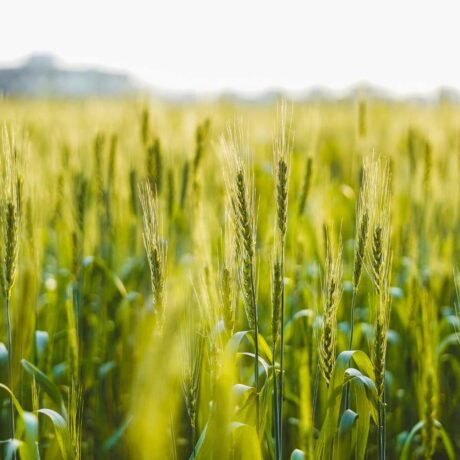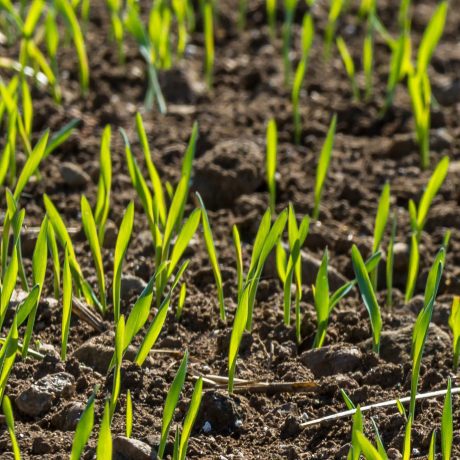Mid-Tier CSS – Deadline to Request Application Packs For 2022 Scheme Year
Edward Hutley
Jun, 27 2021Countryside Stewardship Scheme: Making the Most of CSS Before the SFI Rollout
As the 2021 Countryside Stewardship Scheme (CSS) application deadline approaches, many farmers and landowners are actively reviewing their options for managing farmed and environmental land. These decisions come at a crucial moment as the industry prepares for the Sustainable Farming Incentive (SFI) rollout in 2024. Six years after CSS launched in 2015, the earliest agreements have ended. Some farmers have taken the one-year extension, while others have committed to a new five-year term.
Renewing Agreements: What Expiring Contract Holders Can Do
Farmers and landowners with agreements expiring this year can take up a mirror agreement — essentially a direct rollover of their current agreement with no changes. This won’t suit every business, but it offers a simple route for those who want continuity without the pressure of redesigning their scheme.
Why New Entrants Should Consider CSS
Many who haven’t yet engaged with CSS still have a strong opportunity to bridge the income gap created by this year’s first Basic Payment Scheme (BPS) reductions and the future transition toward the SFI under the Environmental Land Management Scheme (ELMS).
CSS delivers a range of valuable benefits, including:
-
improving the environment and biodiversity across the farm;
-
replacing marginal crops within rotations;
-
supporting diversification projects such as game shoots;
-
improving soil quality and protecting watercourses.
Comparing Income: CSS Options vs Traditional Crops
If income guides your decisions, CSS can compete strongly with traditional cropping. For example, an AB9 Winter Bird Food plot offers a gross margin of £563 with minimal inputs. Compare that with a sugar beet crop at £548 when yield expectations sit around 60 tonnes/hectare. After a challenging year where external factors heavily influenced yields, many farmers see CSS options as a more reliable financial choice.
If your five-year plan involves a shift toward regenerative farming, CSS can support that transition. Options such as winter cover crops or the two-year sown legume fallow help build soil health. Capital options — including fencing, hardcore tracks and livestock troughs — allow you to reintroduce livestock and strengthen mixed-farming systems.
How BPS Reductions Are Changing Farm Strategies
BPS reductions have pushed more farmers to reassess their entire business structure. Previously, many only introduced small CSS areas to supplement income and boost biodiversity. Now, larger and more strategic CSS options are becoming part of the main rotation. A good example is the AB15 two-year sown legume fallow. Many now treat it as a “crop” because it provides a stable income and effective blackgrass control. This shift marks a major change in mindset from earlier environmental schemes and creates stronger opportunities for landowners, tenants and contractors.





